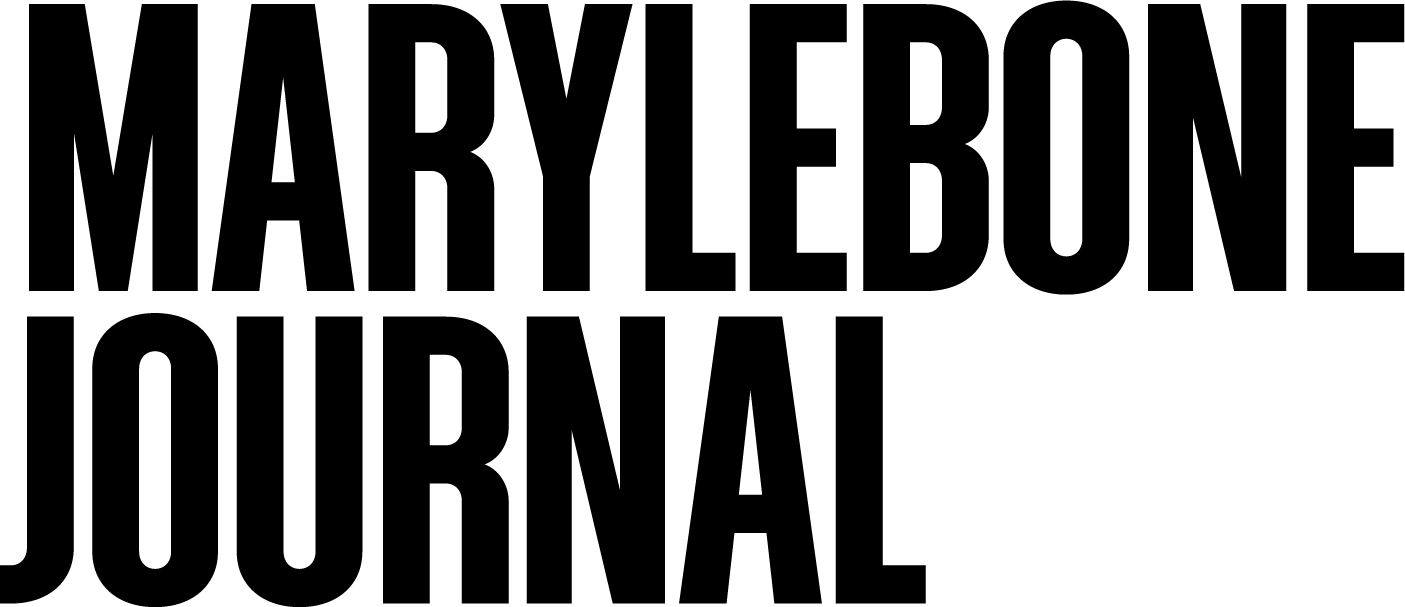ASK THE EXPERTS
Sebastian Norman, partner at Alexander Reece Thomson Surveyors, on rent reviews and lease renewals
Interview: Ellie Costigan
What do rent reviews and lease renewals for commercial premises entail?
When the rent of a property is initially set, there is usually a lease clause that dictates how and when it will be reassessed. This is known as a rent review. Negotiating rent reviews involves analysing recent transactions from similar premises to determine whether a rental increase is justified. Rent review clauses tend to be drafted on an ‘upwards only’ basis, so if market rents have decreased, the rent would remain unchanged.
When a lease expires and the parties agree to renew it, a slightly different process takes place. The Landlord and Tenant Act 1954 sets out this procedure. Where a lease is drafted within the act, the tenant has a statutory right to a new lease at a market rent: unlike rent reviews, the rent agreed can either be higher or lower than previously. Some leases are contracted outside of this statute, which means tenants have no security of tenure. In those instances, landlords are able to demand whatever terms they want—whether the parties complete a new lease boils down to whether they can reach agreement.
Is it advisable to ensure a lease is within the act?
This depends on the circumstances. Many retail tenants want the protection of the act, but it is more common to find leases for offices contracted outside of the act. If a lease is granted outside the act, the tenant’s position is arguably weakened, although the rent may be set at a lower level to off-set the uncertainty.
A landlord’s position may be improved if it has longer term development plans for the property and can avoid both expensive litigation in seeking possession and the need to pay statutory compensation. However, it may be unwilling to suffer a reduction in rental income.
If the parties can’t agree, who adjudicates?
There should be provisions in the lease for rent reviews to be referred to an arbitrator or independent expert. In that instance, our capacity normally changes from providing advocacy advice to becoming an expert witness. Normally this involves both us and the person we are negotiating against preparing written submissions for the arbitrator or independent expert, setting out what we think the revised rent should be. We are then invited to comment on each other’s submissions before a final determination is reached. Arbitrators, and in some cases independent experts, are able to award costs, so sometimes we have to prepare submissions on costs too. It is a lengthy and costly process for clients, with risks attached, so is best avoided where possible.
With lease renewals, the process differs slightly with leases inside the act, as disagreements are referred to court, where the valuer will be called to give expert witness evidence. This can be more expensive. There is a more cost-effective process known as professional arbitration on court terms, but both parties would need to agree to using this. Again, that tends to be a very costly, time-consuming and risky business.
Are there any differences when it comes to leases of medical premises?
The Howard de Walden Estate, which owns most the area’s medical properties, tries to keep a balance of skills and expertise to ensure the area maintains its reputation for medical excellence. This involves some leases including restrictions on the services practitioners can provide and the number of practitioners who can practice in the property. Some practices share common parts with residential occupiers too. The lease clauses and physical characteristics of the buildings mean there is a lot to take into account. It’s a market we have been active in for over 40 years. This, combined with our database of rental evidence, makes us able to advise clients thoroughly. For example, this may include advising on how second floor premises of a Harley Street building without a lift might compare to the rental value of first floor space in the same building, or second floor premises in a building with a lift.

